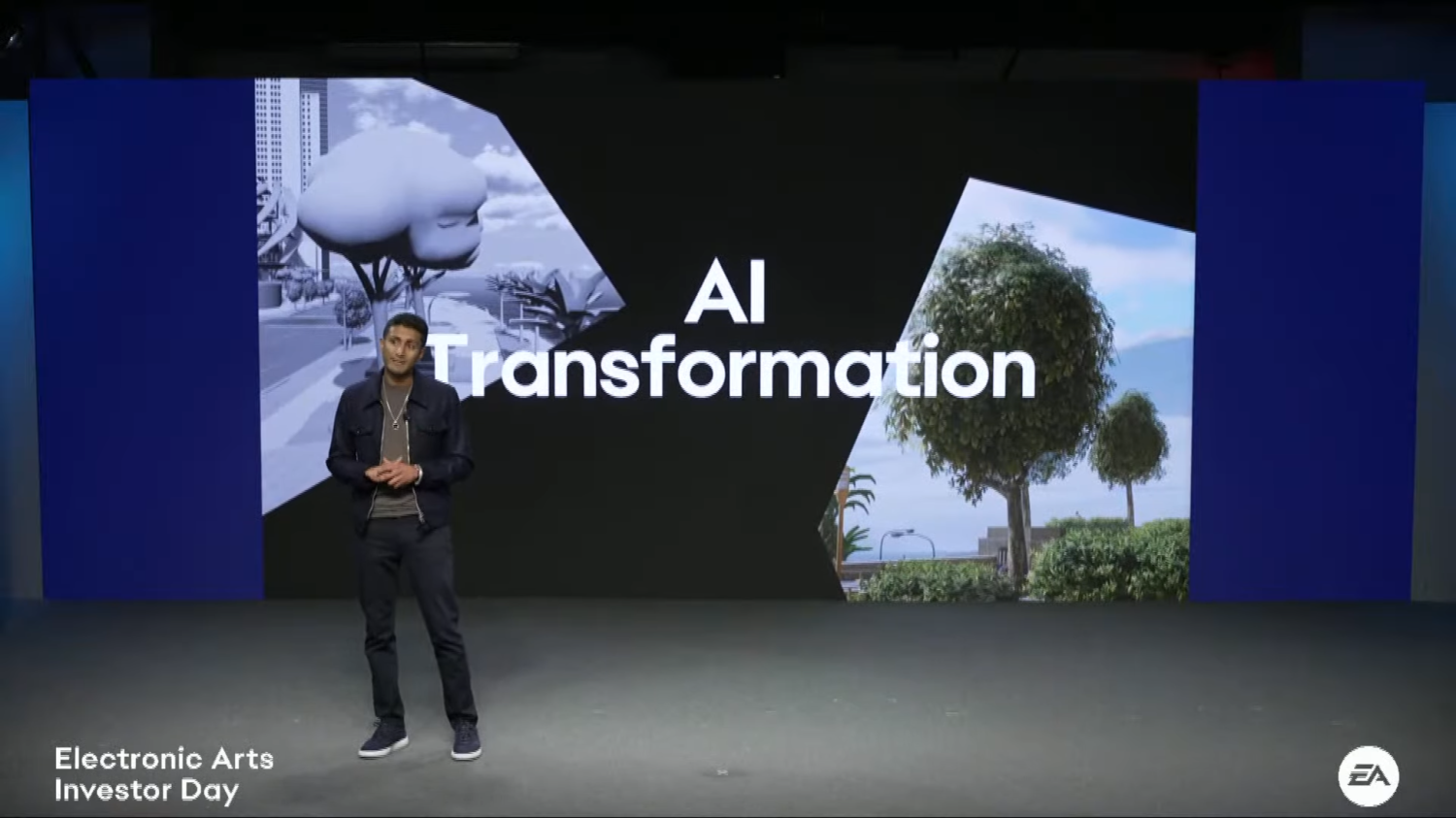EA's AI Gamble: 5 Key Impacts on Gaming's Future (2025)
EA's $55 billion buyout pressures it to use AI for cost-cutting, raising concerns about job security and game quality.

The AI Divide at Electronic Arts: Profit, Pressure, and the Future of Game Development
Electronic Arts (EA), one of the world’s largest video game publishers, is at the center of a growing industry debate over the role of artificial intelligence in creative industries. The company’s recent $55 billion leveraged buyout—backed by private equity firms Silver Lake and Affinity Partners, as well as Saudi Arabia’s Public Investment Fund—has placed unprecedented financial pressure on the studio, with $20 billion of the deal financed through debt. As EA’s new owners look to AI as a tool to slash operating costs and boost profits, concerns are mounting over job security for developers, the quality of future games, and the broader implications for the gaming industry.
Background: The Deal and the Debt
In late September 2025, EA announced it would be taken private in the largest-ever leveraged buyout in the gaming sector, set to close in early 2027. The deal’s structure—with $20 billion in debt—means EA’s profitability is now under intense scrutiny. The company’s net income had already fallen by 9.4% in the fiscal year ending June 2025, adding urgency to cost-cutting measures. Reports from the Financial Times and industry analysts confirm that the new ownership group is “betting big” on AI to reduce operational expenses and help manage the debt burden. While the specifics of how AI will be deployed remain unclear, the strategy signals a potential shift away from human-driven creative processes toward automation and efficiency.
The AI Strategy: Promises and Perils
EA’s leadership has long expressed optimism about AI’s potential. CEO Andrew Wilson, speaking last year, emphasized that AI has “always been central to this creative journey,” referencing everything from in-game opponents to the latest generative AI tools. Under previous management, EA explored using AI for tasks like managing workloads, generating art, and voice-over work—initiatives that could speed up production and reduce costs. However, the new owners appear to be pushing these efforts further, with a clear focus on profitability over creative risk-taking.
Industry and Workforce Impact
The video game industry has already seen significant layoffs as studios experiment with replacing human developers with AI-driven solutions. At EA, which employs approximately 14,500 people, the prospect of deeper AI integration raises fears of further job losses and a decline in working conditions. Industry watchdogs, such as the Private Equity Stakeholder Project, warn that the combination of private equity ownership and AI-driven cost-cutting could lead to “economic instability” and a focus on short-term profits at the expense of long-term creative health. Sam Garin, a spokesperson for the group, stated: “Gamers are sick of the increasing monetization of their favorite titles. Game developers are railing against already-grueling conditions in the industry. Introducing a rapacious drive for profits and even more emphasis on AI into this equation will satisfy few outside of investors.”
The Creative and Cultural Divide
The debate over AI’s role at EA is not just financial—it’s cultural. While executives argue that AI can help build “bigger, more innovative, more creative, more fun games more quickly,” many developers and players worry that over-reliance on automation could strip games of their soul and originality. There is also concern that AI-generated content may lack the cultural nuance and emotional depth that human creators bring to storytelling and world-building. This tension is reflected in broader industry discourse, where leaders stress the need for a “human in the loop” but acknowledge that human oversight alone may not be enough to preserve quality as AI tools become more advanced.
Broader Implications for the Gaming Industry
EA’s pivot toward AI-driven efficiency comes amid a wave of consolidation and financialization in the gaming sector. The company’s massive debt load—more than twice its annual revenue—echoes the risky leveraged buyouts that have destabilized other consumer industries. Analysts point to the recent bankruptcies of retail chains like Claire’s and Joann’s as cautionary tales of what can happen when companies are overburdened by debt and forced to prioritize cost-cutting over innovation.
For gamers, the concern is that EA’s focus on profitability could lead to more monetized, less imaginative titles—a trend that has already sparked backlash in communities around franchises like The Sims and Battlefield. For developers, the fear is that AI will be used not as a collaborative tool, but as a replacement for human labor, exacerbating job insecurity in an industry already known for crunch and burnout.
Context and Future Outlook
The situation at EA is a microcosm of the broader challenges facing creative industries in the age of AI. While technology offers the promise of efficiency and scale, it also risks homogenizing content and marginalizing human creators. The company’s trajectory will be closely watched as a bellwether for whether major studios can balance financial pressures with the need to innovate and inspire.
Industry observers note that EA’s approach to AI is not entirely new—many studios are experimenting with generative tools—but the scale and urgency of its current strategy are unprecedented. The outcome could influence whether other publishers follow suit, potentially reshaping the landscape of game development for years to come.



